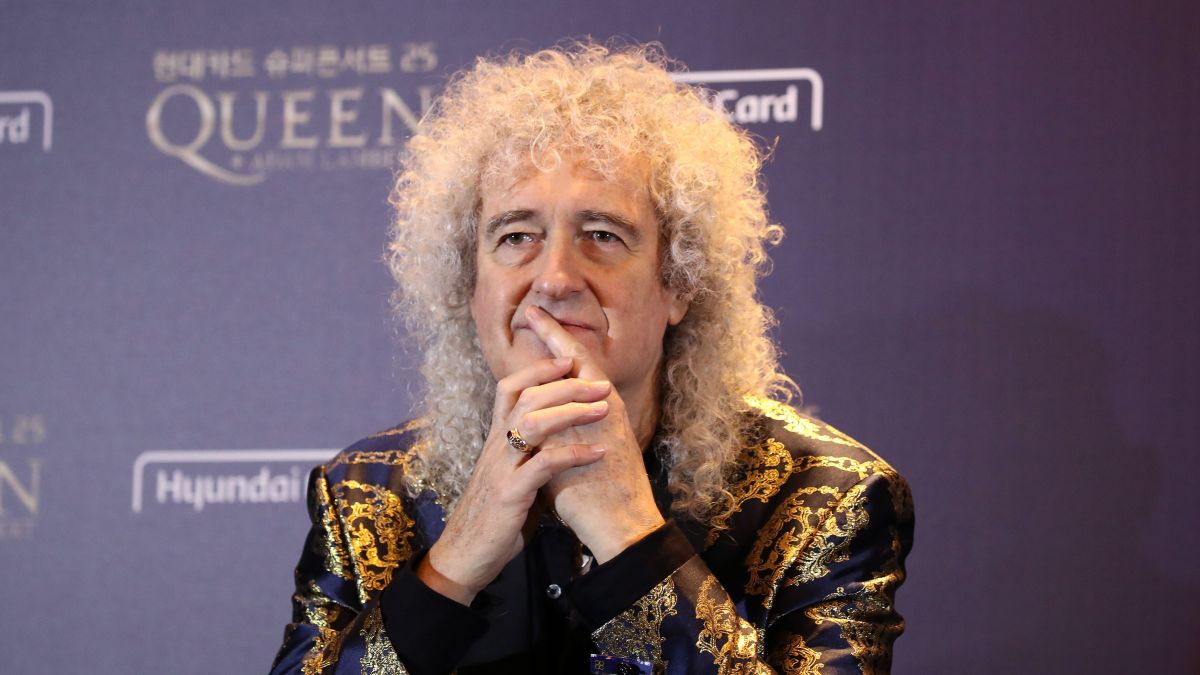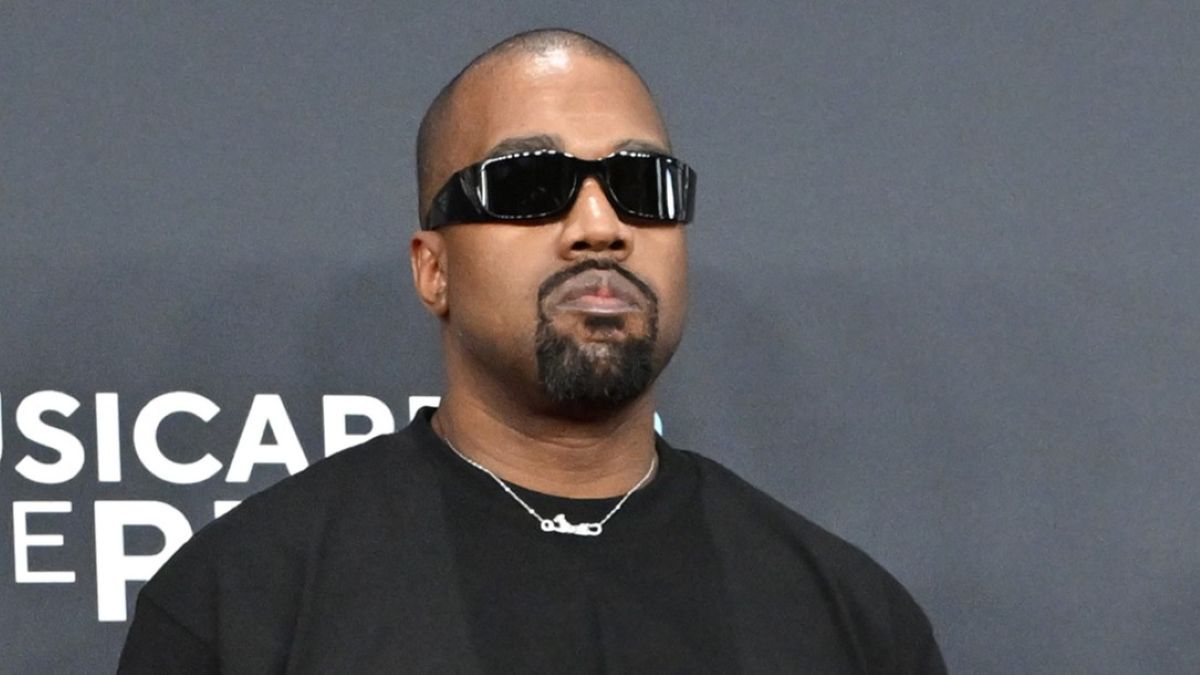
EDITOR’S NOTE: In a previous version of this article, Kevin Saunderson briefly mentioned an upcoming endeavor between the three artists that was not supposed to be shared with the public until a later date. At the request of his publicist, we have removed that passage.
No record of the history of techno is complete without a mention of the Belleville Three. Berlin may be have emerged as the genre’s unofficial capital for the last decade and a half of its history, but Detroit DJ/producers Derrick May, Kevin Saunderson and Juan Atkins are largely cited as its original pioneers.
Be that as it may, during an era in which techno’s popularity is at an all-time high, the Belleville Three have been somewhat removed from the conversation.
As we recently touched on in our Movement 2016 coverage, May, Atkins and Saunderson met as teenagers in the rural Detroit suburb of Belleville. For having taught the other two how to produce electronic music, Atkins is often referred to as “The Originator.” In addition, he’s credited for coining the term “techno” itself with the 1988 compilation Techno! The New Dance Sound of Detroit, which he adopted from futurist Alvin Toffler’s use of the phrase “techno rebels” in his 1980 book The Third Wave.
May and Saunderson came to be called “The Innovator” and “The Escalator,” respectively. May drew from the knowledge bestowed to him by Atkins to shape the sound of techno with tracks like “Nude Photo” and “Strings of Life,” while Saunderson played no small part in exposing it to a wider audience.
As their brainchild reached international audiences over the course of the ‘90s, however, tensions would prompt each of the Belleville Three to go their separate ways. First and second-wave Detroit techno was eclipsed by European adaptations in the years that followed – to such an extent that only the genre’s most dedicated followers usually familiarize themselves with its origins.
In light of the hubris surrounding techno in 2016, We Got This Covered managed to track down May, Atkins and Saunderson by the end of the first-ever Detroit Techno Week to hear their individual perspectives on the style’s past, present and future.
If you fancy yourself a techno fan, you owe it to yourself to read through our interview with the Belleville Three below.
This year marks the 10th anniversary of Movement Detroit, and the festival has become a major pillar of a scene that you three started. What kinds of feelings have come up so far this weekend?
Kevin Saunderson: It’s always an honor to be here in the city. It’s a homecoming because with all of us as DJs touring all year long, it’s nice to come back home. It’s special.
Juan Atkins: You know, it’s Detroit, and it’s my hometown. Born and raised, man, so it’s always a good feeling to see people come together. I didn’t see any fights, violence or gunplay. It’s beautiful. It’s one of the best festivals in the world, and it’s definitely good to be here in Detroit.
You three are almost universally credited as the originators of techno. By your own recollection, how did the whole thing come together?
Derrick May: That’s an interesting question, because it has three or four different explosions that served as beginnings. First and foremost, we had inspirations. We were inspired, and we didn’t just come up with this thing out of nowhere.
There was Kraftwerk, and Ultravox, and Yellow Magic Orchestra, and all these wonderful electronic groups that were doing amazing things before us – but when we came along, we basically always felt that we wanted to do our own thing. We felt inspired by it, but we never wanted to be like it. We never wanted to emulate it. We never wanted to copy or replicate anything we heard.
We were young and full of dreams and aspirations. We came from a city where we had limited access to what was happening in the outside world, so this music and the album covers when we would go to the record stores – that was our gateway to the creative process. The Electrifying Mojo, who was on the radio here, he taught us and enlightened us, and made us believe that anything was possible. We learned the idea of no limitations.
Juan Atkins: I actually taught Kevin and Derrick. I kind of tutored them in the art of producing electronic music, basically.
Kevin Saunderson: The main players – me, Juan and Derrick – we went to high school together. We went to junior high together. And Juan was the first that was into music. He had his vision to own a label one day and create a sound that was different, so we kind of vibed from that. It was a slow process; we’re talking about 1976-77, then Juan maybe put out his first record in ‘81-82, then the next group was me, Derrick, Eddie Fowlkes, Blake Baxter. People like that. We evolved and helped the music change.
I brought the four-four and made it more popular with my success in the inner city, so the world’s ears were open. Derrick made some innovative tracks. Eddie had a track out before either of us; we were all making it at the same time, but Eddie was around and he had a record that was released first, then me, then everybody else came after.
We had this vision to put this music out, put it out through record companies, and give it to DJs, and it just grew. It went overseas – mainly to London, where it really got support – and it kind of took off from there. It’s been spreading and influencing DJs, or wannabe DJs at the time, and producers from that point on to where we’re at now bringing DJs from Europe back to America. We made a producer-driven music with a new sound that nobody really heard before.










Published: Jun 7, 2016 04:21 pm